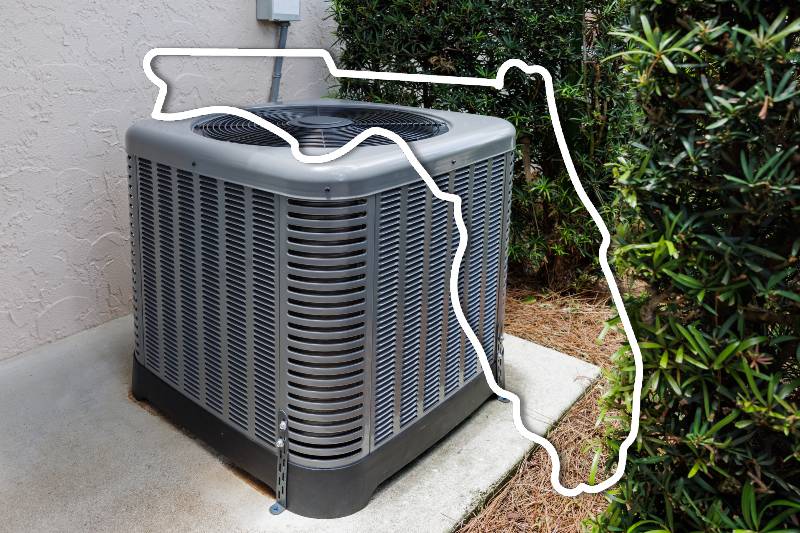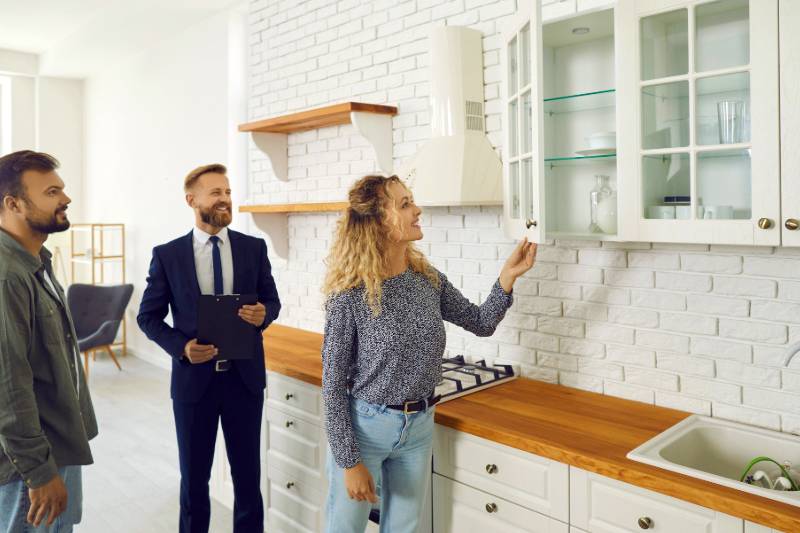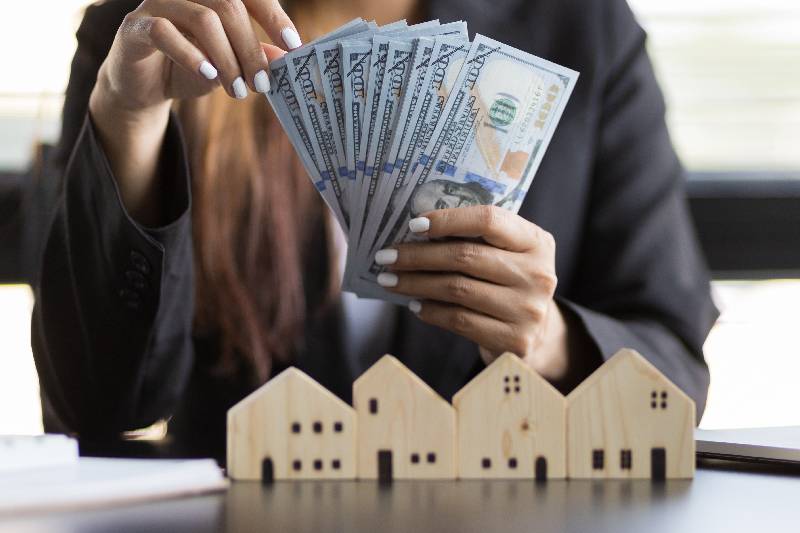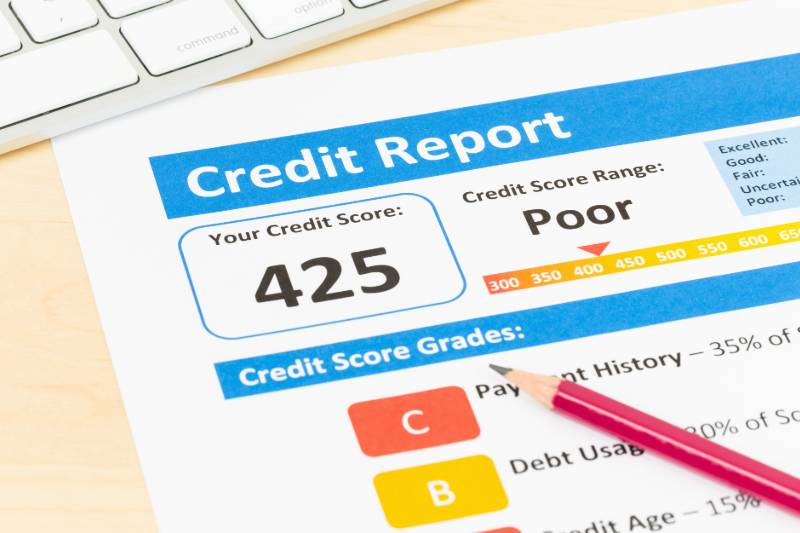Are you ready to put a price tag on your beloved abode but don’t know where to start? Knowing how to price your home to sell and setting the right price can either attract or deter potential buyers. We created this guide to help you nail those numbers. Below, we will cover the most important factors so you can accurately and competitively set the right price for your home.
Let’s get started on finding the perfect price for your home!
Why Pricing Your House Right Matters
Picture this: you’ve overpriced your home, and it’s been sitting on the market for months with no potential buyers in sight. Or, you’ve underpriced it and ended up with less profit than you could have made. Not ideal scenarios, right?
Did you know that homes priced correctly from the start typically sell faster and for more money? So, getting the price right from the get-go can save you time and boost your bank balance. So how do you price your home to sell?
Understanding the Fair Market Value of Your Home
So, how do you set the right price? It all starts with understanding the fair market value of your home. This is the price that a willing buyer would pay a willing seller, assuming both parties are knowledgeable and not under duress.
Use Property.com’s home valuation tool
Property.com’s home valuation tool can assist you in setting a data-driven price with ‘comps’ or comparable sales. These are recent sales of similar homes in your area. They’re like your secret weapon for pricing your home competitively. How do you use comps to inform a fair price? Read on!
Use “Comps” to Set the List Price
When determining how to price your home to sell, it’s important to consider “comps,” which are recently sold properties similar in size, condition, and location. These comparables serve as a reference point for understanding your local real estate market.
To find comps, you can use Property.com to view recent sales data in your area. Alternatively, your real estate agent or local property appraiser’s office may provide this information. By identifying at least three properties similar to yours that have recently sold, you can compare their selling prices with your home’s value. Keep in mind that if your home has more upgrades, it may be worth more, and vice versa.
Consulting with a real estate agent is highly advisable when setting your price. They have valuable local market knowledge and access to comprehensive data that can influence your pricing strategy. Agents can provide insights into market trends and help interpret comp data accurately. By using real-world data instead of relying solely on intuition, you can ensure an objective, fair, and market-relevant price that appeals to potential buyers.
The Role of Home Upgrades and Location in Pricing Your Home
Did you renovate your kitchen recently? Or maybe you have a prime location near great schools and amenities? These factors can add value to your home and justify a higher asking price. However, it’s also necessary to consider the market trends and competition in your area when setting a price based on home upgrades and location. Keep in mind that not all upgrades increase home value, and the impact of location on price can vary widely. So, consider these factors carefully when pricing your home.
The Impact of Economic Conditions and Interest Rates on Home Pricing
Economic conditions and interest rates are significant external factors that influence the price of your home. When the economy is strong and employment rates are high, more people can afford to purchase homes, which can drive up housing prices. Conversely, in a weak economy with high unemployment, fewer people may have the financial stability to buy, potentially causing home prices to dip.
Interest rates also play a central role in determining home prices. When interest rates are low, more people can afford to take out a mortgage, increasing the demand for homes and, subsequently, home prices. On the other hand, high interest rates can make mortgages more expensive, decreasing the pool of potential buyers and possibly causing home prices to fall.
To gain a clear understanding of how these factors are currently affecting the real estate market in your area, it’s beneficial to work with a local, knowledgeable real estate agent who can interpret current market conditions and guide you in pricing your home accordingly. Regularly reviewing the economic landscape and keeping an eye on predictions for interest rate changes will also help you make an informed decision when pricing your home.
-
- “Price it Right The First Time (PIRTFT)” Strategy: This involves setting a competitive price from the start to attract serious buyers and avoid price reductions later on.
- The Incremental Pricing Strategy: This strategy involves pricing your home slightly lower than the market rate to create a bidding war among potential buyers. The aim is to end up selling your home above market rate due to increased competition. However, this strategy requires a strong real estate market with high demand for it to be effective.
- The Psychological Pricing Strategy: This approach employs the use of “charm pricing.” Instead of rounding up to the nearest thousand, you set the price a bit lower. For example, pricing your home at $299,900 instead of $300,000. The slight reduction can make the price seem significantly lower in the buyer’s mind, making your house appear as a bargain.
The goal is to make your property attractive to as many potential buyers as possible, and the right pricing strategy can do just that. Choose wisely, and you could be signing a lucrative sale contract sooner than you think.
Common Home Sale Pricing Mistakes to Avoid
We all make mistakes, but some can cost us big time. When it comes to pricing your home, common pitfalls include setting an unrealistic price, not considering current market conditions, or letting emotions dictate your decisions.
Setting an unrealistic price for your home can lead to long periods of inactivity on the market, causing potential buyers to question the home’s desirability or condition. Overpricing often results in a lower final sale price, as price reductions are usually needed to re-attract buyers’ attention.
Ignoring current market conditions is another costly mistake. High pricing can deter potential buyers in a buyer’s market, where supply outstrips demand. Conversely, underpricing in a seller’s market, where demand exceeds supply, can result in a missed opportunity for higher profits.
Allowing emotions to dictate your decisions can also be damaging. Overvaluing your home based on sentimental attachment can lead to unrealistic pricing. Conversely, rushing a sale due to stress or desperation could result in accepting an offer that’s below the market value. Both scenarios can lead to significant financial loss.
To prevent these costly mistakes, use Property.com’s tools to keep your pricing strategy data-driven, regularly monitor the real estate market, strive to remain objective through the selling process, and don’t be afraid to seek professional advice.
List of Factors to Consider in Setting the Right Price
- Size and condition of the property
- Market trends and demand
- Comparable sales in the area
- Unique features and upgrades
- Economic factors and interest rates
And there you have it, folks. Pricing your home right is a blend of art and science. It involves understanding market trends, analyzing comps, considering your home’s unique features, and avoiding common pitfalls. The goal is to use these factors to set a price that strikes a balance between maximizing profits and attracting potential buyers. Do the research and seek professional guidance to find the sweet spot that will result in a successful sale of your home. So, go and nail that number! You now know how to price your home to sell.
Happy selling!
At Property.com, we’re here to guide you through every step of your real estate journey. Understanding how to price your home to sell is just one of the many resources we provide to help you achieve your real estate goals.
Keep exploring our many helpful articles and resources, and stay informed on the latest news. Sign up here for news on what’s important to you. Your real estate dreams await! With Property.com as your partner, you have the power to make them yours.












0 Comments